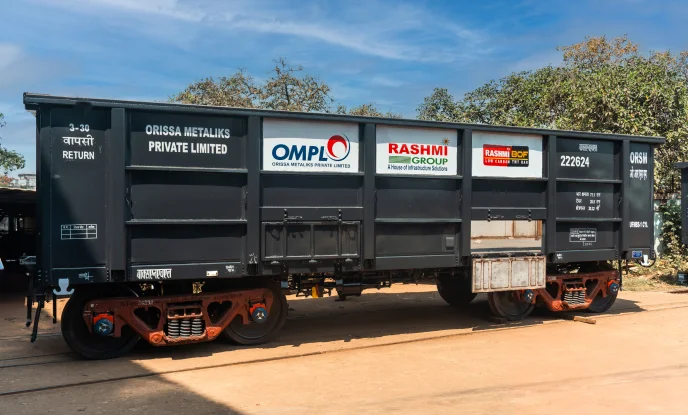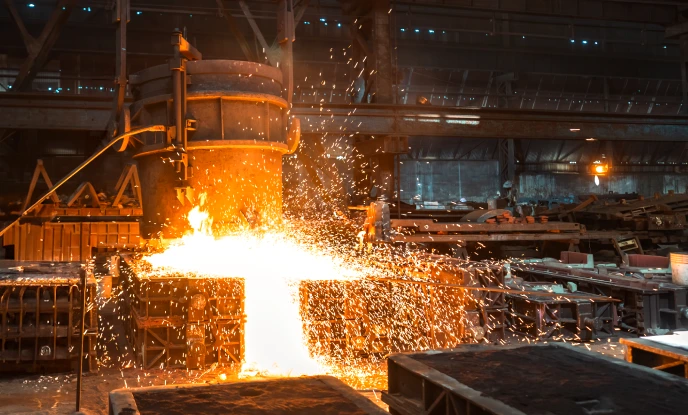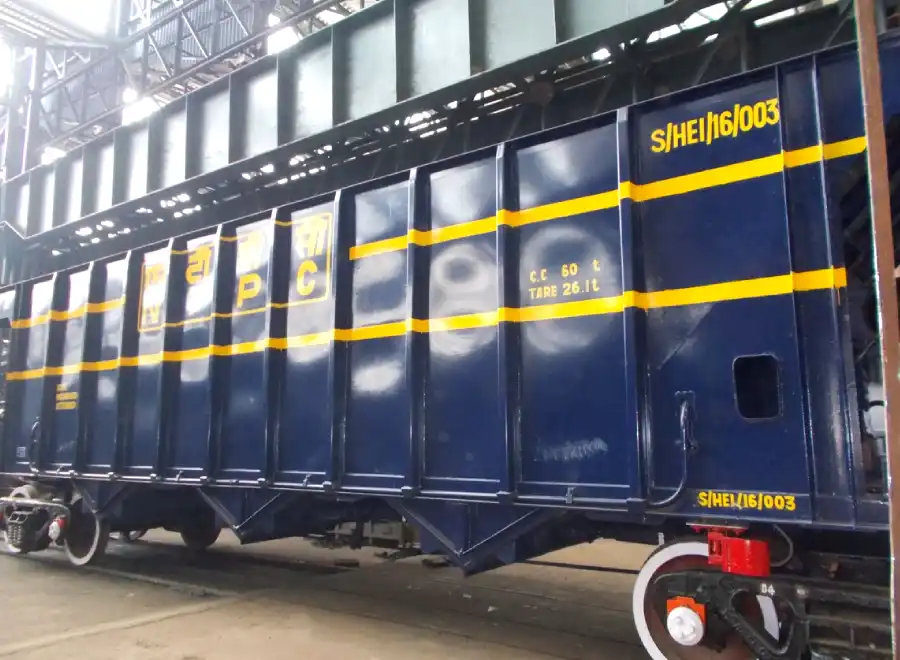Failure of operations damages productivity, safety and costs. Tough engineering is required in rolling stock. HEIL, being among the leading rolling stock manufacturers in India, implements strong measures to reduce failures. Their rolling stock manufacturing solution combines accuracy, experimentation, and creativity.
HEIL designs wagons and parts depending on the type of freight cargo. The designs are tailor-made to coal, chemicals, metals or liquids. Specific design of commodities minimizes the load misfits. The number of stress points is reduced, and so are the breakdowns. This is customized to open wagons, tank wagons, and hopper wagons. Standard and high-payload freight cars constructed to special conditions are also a legacy of HEIL.
The strength of a component depends on its material quality. HEIL selects steel that resists fatigue and wear. Then comes testing: hardness, impact, tensile strength. Non‑destructive tests like ultrasonic or radiography reveal hidden flaws. These quality control measures for manufacturing prevent premature failures. High‑quality materials plus strict testing equals reliable components.
Small deviations lead to big problems. HEIL ensures high precision in all its machining and part fabrication. HEIL is very precise in all its machining and part fabrication. Dimensions are checked with precision to ensure that the assembly is perfect. Sub-components such as couplers, side frames and bolsters need to be perfectly aligned. This accuracy in the rolling stock manufacturing solution avoids misalignment in wear and lessens the maintenance cycles.
HEIL doesn’t stop at manufacturing. It listens to operation feedback. Process improvements are based on data of field use, frequent inspection, and customer feedback. The flaws in the previous design educate the newer models. Production lines are modernized. New methods and technologies are adapted. This culture of improvement assists HEIL to stay ahead of the industry.
Feedback loops imply that problems are not repeated, but fixed in subsequent batches.
– The material that passes quality inspection does not crack, corrode or break under loads.
– Cargo type design adaptation eliminates overloading and structural stress.
– Accuracy in the production process makes sure that parts fit in their proper places, and the chances of failure are minimal.
Indian wagon manufacturers often compete on cost alone. HEIL stands out by combining these four strategies with deep experience. Since 1988, HEIL has engineered new‑generation, high‑payload freight cars. HEIL’s commitment to quality, innovation, and safety makes its rolling stock solutions trusted by Indian Railways and private sectors alike.
These outcomes support smoother logistics and stronger supply chains.
– Fewer breakdowns at scale across freight corridors.
– Reduced downtime at terminals and yards.
– Lower maintenance costs over the lifecycle.
– Enhanced safety for goods transported and personnel.
Operational failures don’t have to be part of railway freight. Thoughtful design adjustment, the quality of materials, precision engineering, and continuous feedback allow HEIL to provide long-lasting products. With the combination of these strategies, rail freight is safer, more reliable and economical.



